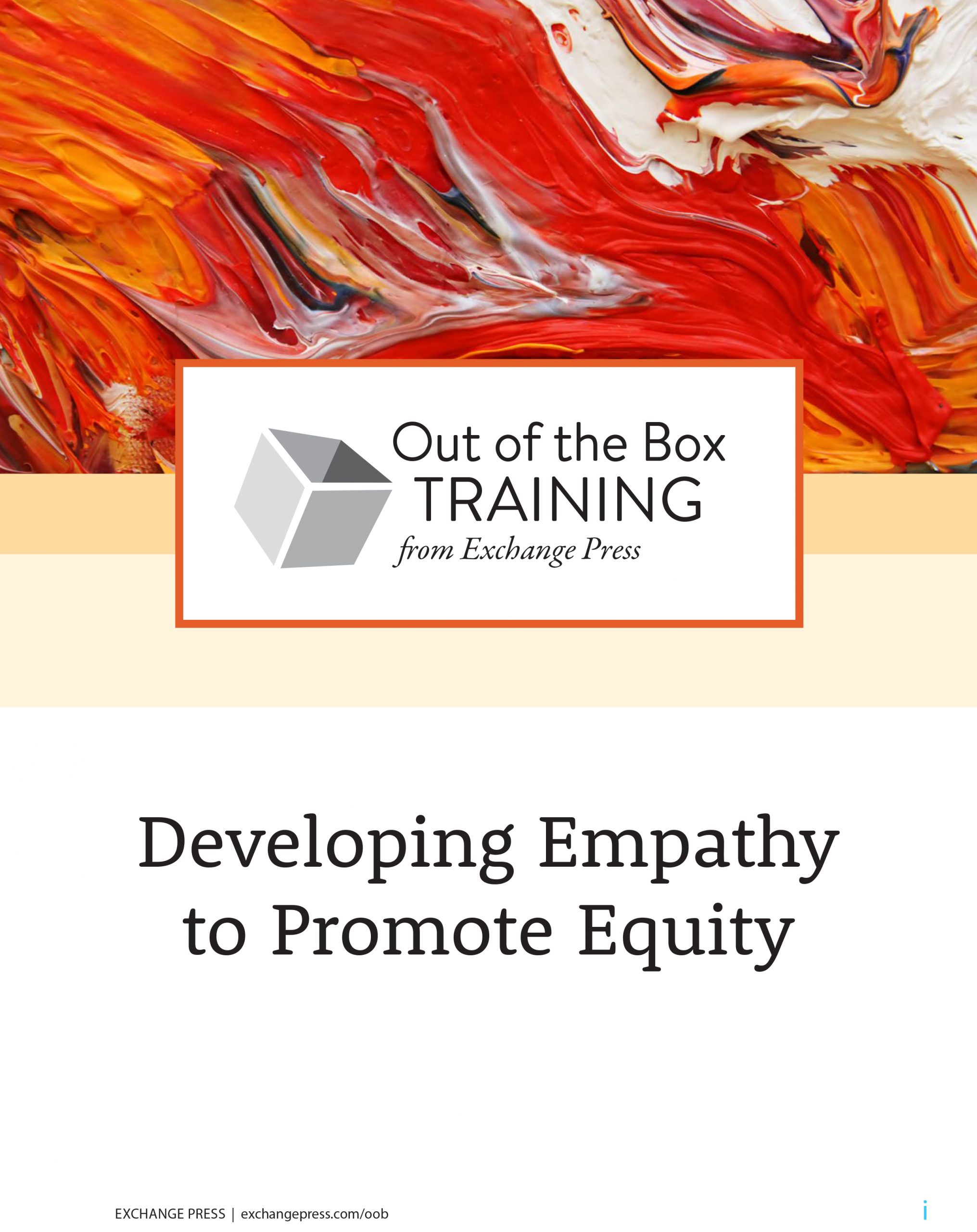ExchangeEveryDay Past Issues
 << Previous Issue
| View Past Issues | | Next Issue >>
<< Previous Issue
| View Past Issues | | Next Issue >> -Paulo Coelho
"When we reshape our intention from teaching to thinking, our exchanges with children change. They become authentic conversations, and we ask our questions with the mutual aims of understanding a child's thinking and of supporting a child's search to make meaning — a search to know, rather than to learn," writes Ann Pelo in her article, "Finding the Questions Worth Asking," which serves as the basis for an Out of the Box Training Kit by the same name.
"Rather than using questions to lead a child to a particular revelation, or to direct a child's thinking towards content knowledge that we've determined has merit, we ought to ask questions that are useful for the child's course of exploration — which is to say, for the child's development as a thinker. This is what we mean when we talk about the co-construction of knowledge: thinking about thinking, in order to analyze and refine hypotheses."
Developing Empathy to Promote Equity |






Comments (1)
Displaying 1 CommentUnited States
I agree that teachers can have a tendency to ask questions that are too directive of the teacher's ideas. Kids are excellent at asking the questions that they need the answers to. And it is a great thing that they are directing their own learning in this way.
As kids get older they begin to ask fewer questions. Perhaps it is one of our jobs to help figure out why. A great book called Make Just One Change, by Dan Rothstein, helps teachers and others to very simply help children to continue to formulate their own questions.
I think this idea of children to be encouraged to ask their own questions is a very important one. It truly allows them to guild their own learning.
Post a Comment